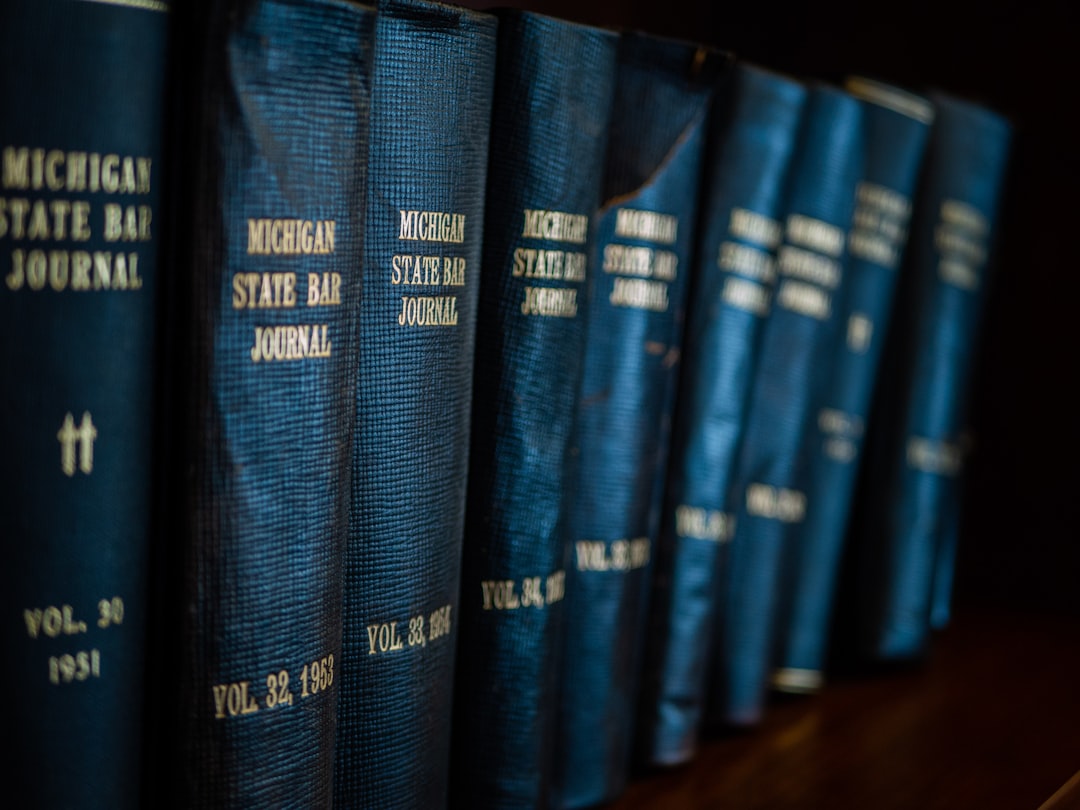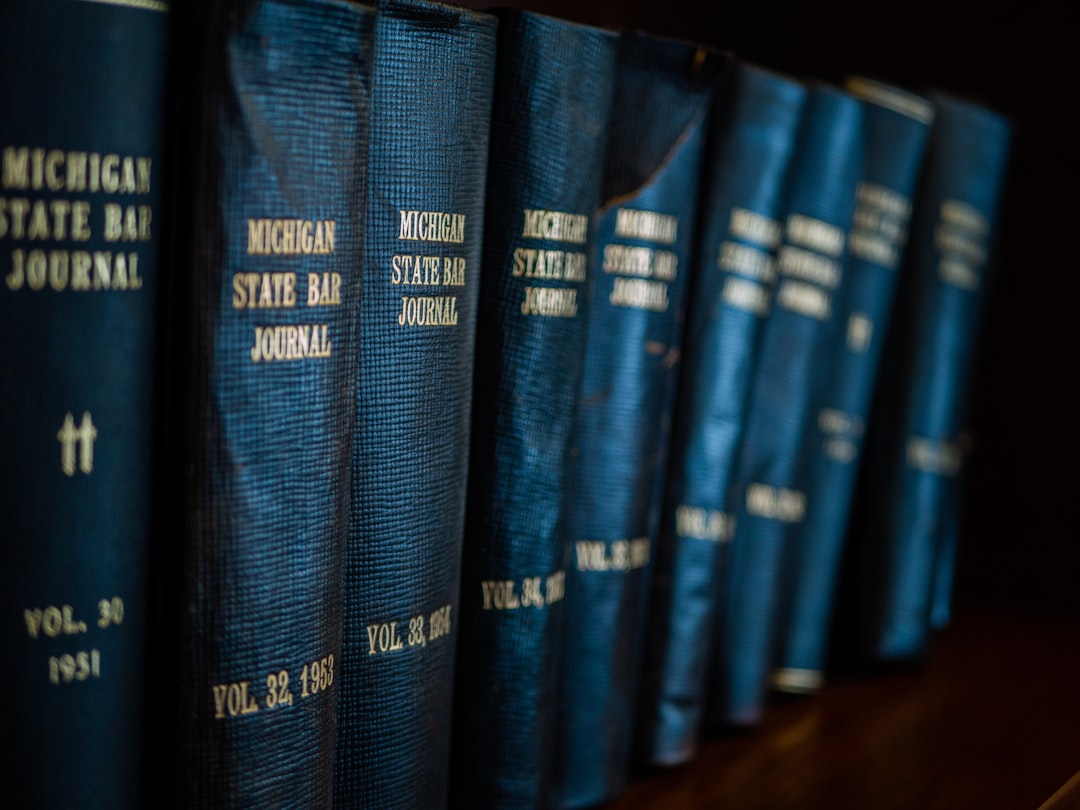In Connecticut, toxic masculinity norms foster a culture of silence around sexual abuse in schools, hindering victims from reporting due to fear of being perceived as weak or gay. School abuse attorneys play a vital role in holding perpetrators accountable and advocating for victims' rights. They navigate complex legal frameworks, investigate cases meticulously, and challenge toxic masculinity narratives to create safer learning environments. Preventive strategies include fostering open communication, training faculty to recognize abuse signs, promoting gender equality, and educating students about consent. This holistic approach aims to disrupt abusive cycles and secure Connecticut's educational environment for all.
In Connecticut, sexual abuse cases within schools have sparked a crucial conversation about toxic masculinity and its role in fostering a culture of silence. This article delves into the complex interplay between gender norms and institutional failure, exploring how societal expectations of masculinity contribute to the prevalence of abuse. We analyze statistical trends, dissect the impact on victims, and highlight the legal strategies employed by school abuse attorneys to hold perpetrators accountable. Additionally, we propose preventative measures aimed at creating safer learning environments.
Understanding Toxic Masculinity: Its Roots and Impact on Society

In understanding toxic masculinity, we delve into a societal construct that promotes rigid gender roles, emphasizing traits like aggression and dominance in men. This harmful ideology often leads to repressed emotions and a fear of vulnerability, creating an environment where abusers exploit these dynamics for personal gain. Toxic masculinity is deeply rooted in historical power structures, contributing to various forms of abuse, including those within Connecticut school settings.
School abuse attorneys in Connecticut frequently encounter cases where toxic masculine norms have played a significant role. Students, under the influence of these stereotypes, may struggle to speak out against inappropriate behavior due to the fear of being perceived as weak or gay. This cultural silence enables abusers to exploit their power dynamics, leading to severe emotional and psychological trauma for victims. Recognizing and challenging toxic masculinity is therefore crucial in breaking cycles of abuse and ensuring safer educational environments.
The Prevalence of Sexual Abuse in Connecticut Schools: A Statistical Overview

Sexual abuse cases involving minors in Connecticut schools have garnered significant attention in recent years, highlighting a disturbing trend that necessitates urgent action. Statistical data reveals a disconcerting number of incidents, with reports suggesting that one in every ten children will experience sexual abuse before reaching the age of 18. This alarming statistic is even more concerning when considering the sensitive nature of school environments, where students should feel safe and protected.
Connecticut, like many states across the nation, has seen an increase in legal actions against educational institutions and individuals who have failed to prevent or address school abuse. School abuse attorneys Connecticut have been instrumental in holding perpetrators accountable and advocating for victims’ rights. The sheer volume of cases underscores the pervasiveness of the issue, demanding systemic changes and a reevaluation of safety protocols within Connecticut’s academic system.
How Toxic Masculinity Norms Can Contribute to a Culture of Silence

In many communities, including Connecticut, toxic masculinity norms can create a culture where reporting sexual abuse is discouraged or stigmatized. These societal expectations often promote suppressing emotions and prioritizing strength, which can lead to victims feeling ashamed or afraid to speak out. The fear of being perceived as weak or breaking gender roles may prevent school-age children from disclosing their experiences with school abuse attorneys Connecticut. As a result, the cycle of silence perpetuates abuser impunity and potentially contributes to further harm.
This dynamic is particularly problematic in educational settings, where students might be hesitant to come forward due to peer pressure or the perceived approval of such behavior within certain masculine circles. Toxic masculinity norms can also foster an environment where adults, expected to embody these traits, turn a blind eye or actively participate in inappropriate behaviors, further complicating efforts by school abuse attorneys Connecticut to seek justice and accountability.
Legal Implications: The Role of School Abuse Attorneys in Holding Perpetrators Accountable

In cases of school sexual abuse in Connecticut, the role of school abuse attorneys is pivotal in holding perpetrators accountable. These legal professionals specialize in navigating complex laws and regulations to ensure justice for victims. They work tirelessly to build strong cases against offenders, often involving extensive investigations, gathering evidence, and interviewing witnesses. The goal is not only to secure convictions but also to provide closure and support for the affected individuals.
School abuse attorneys in Connecticut are well-versed in state laws regarding child protection and sexual misconduct, enabling them to assert legal arguments that can lead to significant outcomes. Their expertise includes understanding the unique challenges faced by victims, especially when dealing with toxic masculinity narratives that may be used to excuse or downplay abusive behavior. By strategically employing legal strategies, these attorneys aim to disrupt such harmful patterns and foster a safer environment for all students.
Preventative Measures: Fostering Safe Spaces and Challenging Stereotypes in Connecticut Schools

In light of recent Connecticut school sexual abuse cases, it’s crucial to focus on preventative measures. Creating safe spaces within schools is paramount; this includes not only physical areas where students can retreat but also psychological environments that encourage open communication and support. School abuse attorneys in Connecticut stress the importance of training faculty and staff to recognize signs of potential abuse and foster a culture where all students feel comfortable reporting incidents without fear of reprisal.
Challenging toxic masculinity stereotypes is another vital aspect. By promoting gender equality and diverse expressions of identity, schools can dismantle the environment that often enables abusers. Educating students about consent, respectful relationships, and breaking down harmful societal norms are key strategies in preventing school abuse. These measures aim to empower both victims and bystanders, ensuring a more secure learning environment for all Connecticut students.






